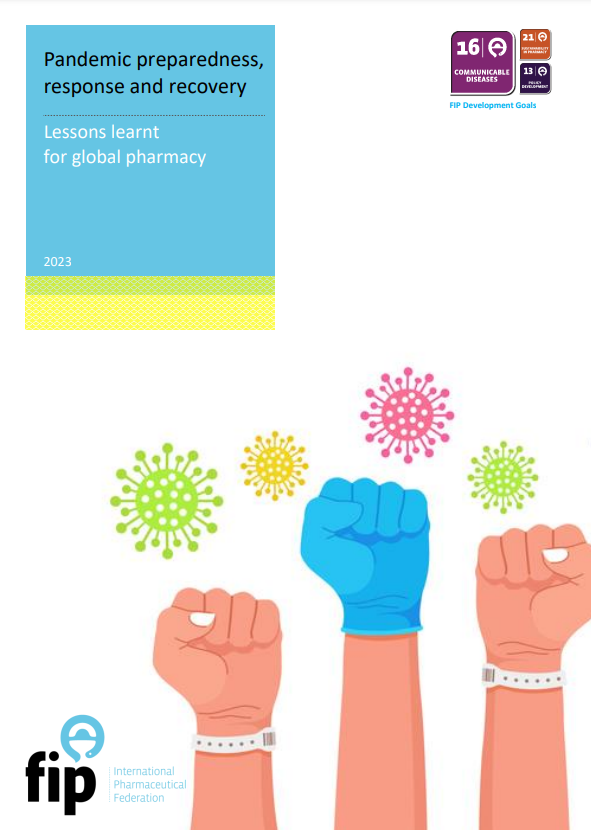

Strengthening Resilience: Global Readiness for Future Pandemics
The ongoing global pandemic has underscored the importance of global preparedness for health crises. In this article, we explore the initiatives and strategies employed to enhance global pandemic preparedness, ensuring a more resilient response to future challenges.
Lessons from the Current Crisis: Informing Future Strategies
The current global health crisis has provided invaluable lessons in the importance of preparation. Understanding these lessons forms the foundation for future strategies, emphasizing the need for a proactive approach in addressing potential pandemics before they escalate.
International Collaboration: Building a Unified Front
One of the pillars of global pandemic preparedness is international collaboration. Countries, organizations, and research institutions must work together to share information, resources, and expertise. Building a unified front fosters a collective response that transcends borders, ensuring a faster and more coordinated reaction to emerging health threats.
Investing in Public Health Infrastructure: A Long-Term Commitment
Global pandemic preparedness requires sustained investment in public health infrastructure. This includes bolstering healthcare systems, establishing robust surveillance mechanisms, and ensuring an adequate supply of medical resources. A long-term commitment to strengthening these foundations is essential for effectively managing and containing future outbreaks.
Research and Development: Advancing Vaccine Technologies
Advancements in vaccine technologies are pivotal for global readiness. Ongoing research and development efforts focus on creating adaptable and scalable vaccine platforms. Investing in these technologies allows for quicker vaccine development and deployment when facing novel pathogens, minimizing the impact of emerging health threats.
Surveillance and Early Warning Systems: Anticipating Challenges
Early detection is crucial in pandemic preparedness. Surveillance and early warning systems, both domestically and internationally, play a key role in anticipating and identifying potential health challenges. These systems enable rapid response measures, helping to contain outbreaks before they reach catastrophic levels.
Capacity Building in Developing Nations: Ensuring Equitable Preparedness
Global readiness is only as strong as its weakest link. Capacity building in developing nations is a critical aspect of preparedness. This involves providing resources, training healthcare professionals, and establishing sustainable healthcare infrastructures to ensure that all nations can effectively respond to health crises.
Education and Awareness: Empowering Communities
An informed and aware population is a formidable asset in global pandemic preparedness. Education initiatives that focus on preventive measures, early symptoms recognition, and community resilience empower individuals to actively participate in their own well-being. Building a culture of awareness enhances the overall effectiveness of global health responses.
Global Governance and Coordination: Strengthening Institutions
Effective global pandemic preparedness requires strong governance and coordination. Strengthening international institutions, such as the World Health Organization (WHO), and establishing clear protocols for collaboration and decision-making ensure a cohesive and unified global response to health emergencies.
Public-Private Partnerships: Harnessing Innovation and Resources
Engaging public-private partnerships is a key strategy in global pandemic preparedness. Collaborating with the private sector brings innovation, resources, and efficiency to the table. These partnerships facilitate the development of new technologies, the production of medical supplies, and the distribution of vaccines on a global scale.
Looking Ahead: A Resilient Future
As the world grapples with the current pandemic, global pandemic preparedness emerges as a collective responsibility. By learning from the present challenges, fostering international collaboration, investing in infrastructure, and empowering communities, the global community can build a more resilient future that is better equipped to face and overcome emerging health threats.
For more insights on global pandemic preparedness, visit Global Pandemic Preparedness.






